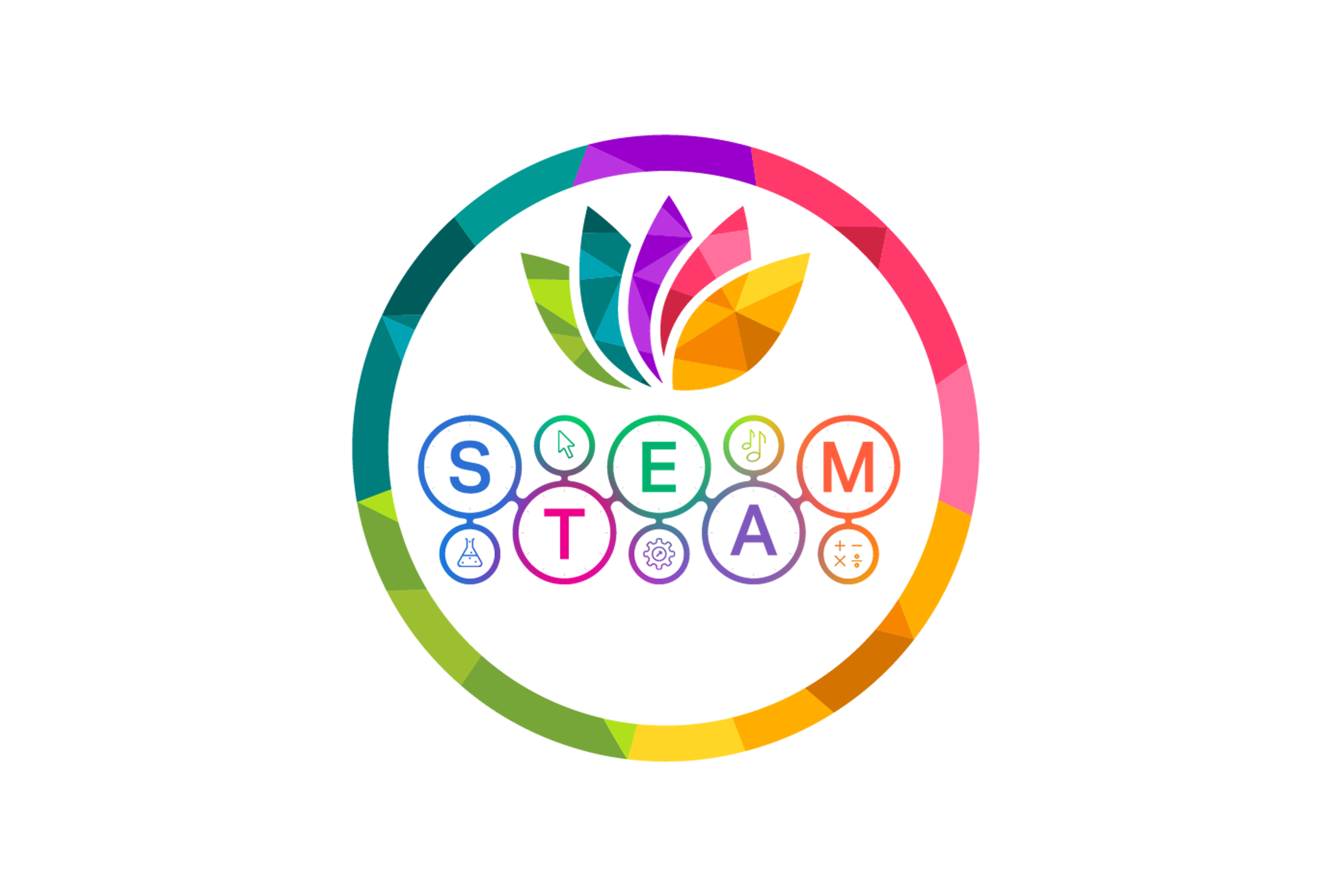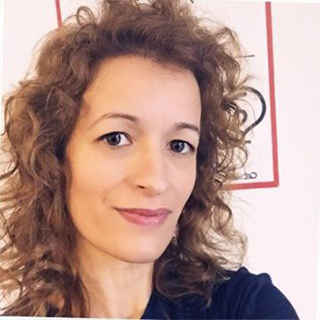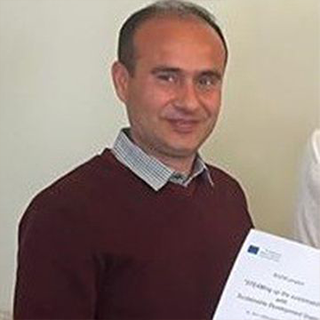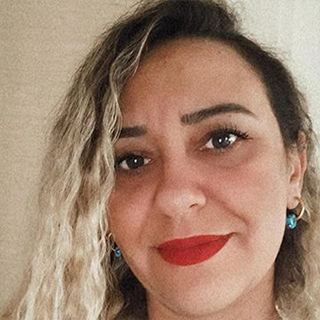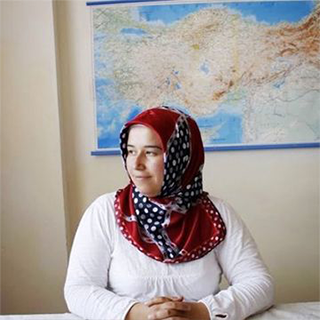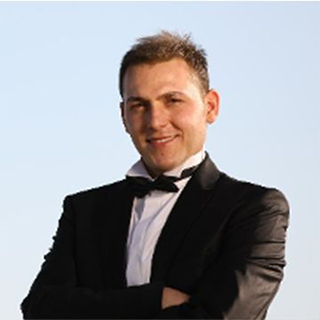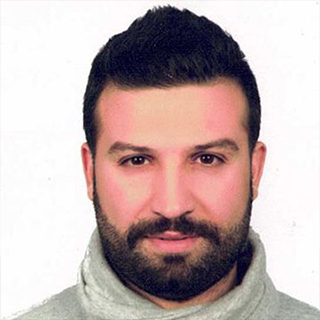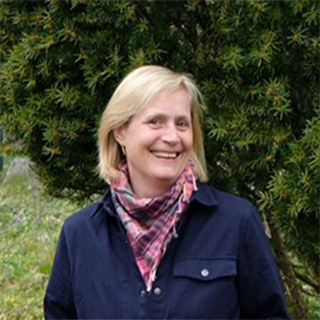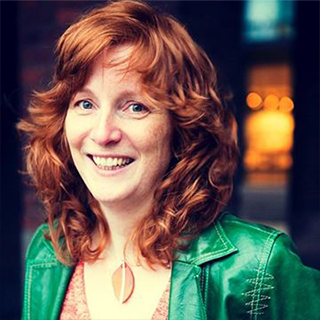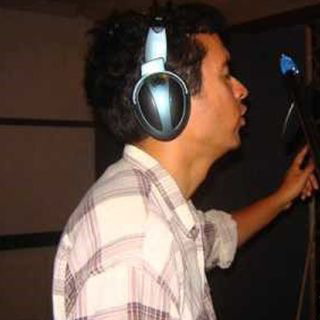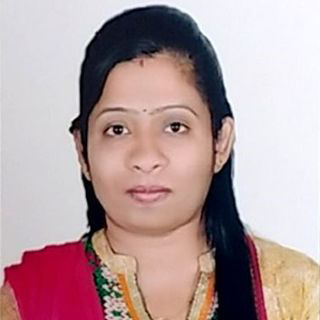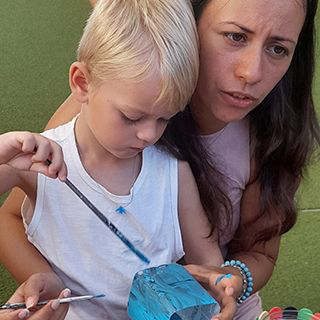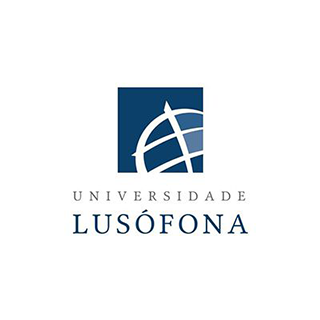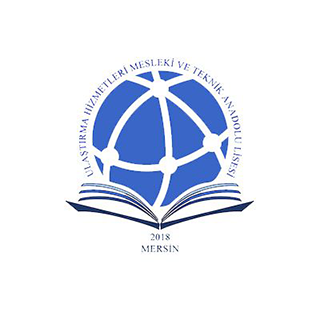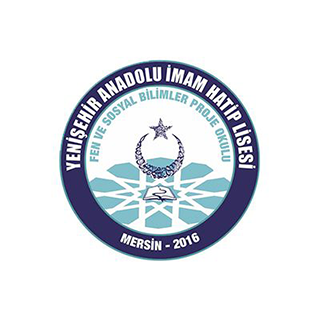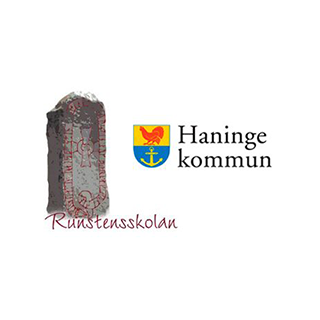Project Reference
2021-1-SE01-KA220-SCH-000023584
Disclaimer
Funded by the European Union. Views and opinions expressed are however those of the author(s) only and do not necessarily reflect those of the European Union or the European Education and Culture Executive Agency (EACEA). Neither the European Union nor EACEA can be held responsible for them.

About This Course
The SDG'S MOOC is one of the project results of the STEAMing up the Sustainability with Sustainable Development Goals (SDG’S) Erasmus project. The partners developed the SDG'S MOOC to improve the skills of educators and to support them in integrating SDGs into their curricula at three different levels:
• Primary,
• Secondary and
• Tertiary.
The Digital Lesson Plan Book, another result of our project, can serve as supplementary lesson plans alongside the MOOC, or it can be used independently as stand-alone STEM lesson plans.
The SDG's project focuses on school education, with the main objectives of providing professional development opportunities for educators and promoting a green transition, where educators are equipped with the necessary competencies, knowledge, and digital tools and resources to help their students understand the importance of sustainable development, and its varied challenges that nations face. The EU's 2025 vision strongly emphasises digitalisation and green practices. According to UNESCO, “Education is critical in helping people understand and address the impacts of climate change,” highlighting teachers' crucial role in the green transition.
Schools and teachers should help students understand these challenges and empower them to take action. The SDG'S MOOC is meticulously designed to do just that, to equip teachers with practical, hands-on activities and methodologies necessary to inspire and facilitate meaningful action among students.
Content
Module 1 - Introduction do SDGs
- Unit 1 - Introduction to the Project
- Unit 2 - Introduction To The Sustainable Development Goals
Module 2 - Clean Water and Sanitation For All (SDG6)
- Unit 1 - Understanding the Importance of Clean Water and Sanitation
- Unit 2 - Identifying Causes and Consequences of Water-related Issues
- Unit 3 - Evaluating Access to Safe Water and Sanitation
- Unit 4 - Water, Sanitation, and Sustainable Development
- Unit 5 - Linking Water, Sanitation, and Other SDGs
- Unit 6 - Technologies, Approaches, and Solutions for Improving Access to Clean Water and Sanitation
- Unit 7 - Information about limits to water na water trends
- Unit 8 - Water pollution: pollutants and sources
- Unit 9 - How does water pollution affect the environment and us
Module 3 - Affordable and Clean Energy (SDG7)
- Unit 1 - The Importance of Affordable and Clean Energy
- Unit 2 - The Current Global Situation Regarding Energy Access
- Unit 3 - Challenges and Barriers to Achieving Universal Energy Access
- Unit 4 - Interlinkages Between Affordable and Clean Energy and Other SDGs
- Unit 5 - Technologies, Approaches, and Solutions for Improving Energy Access
- Unit 6 - Fossil Fuels, Alternative Energy and Energy Consuption
Modulo 4 - Responsible Production and Consumption (SDG12)
- Unit 1 - Understand the Concept of Sustainable Consumption and Production
- Unit 2 - Evaluate the linkages between Sustainable Consumption and Production (SCP) and Other SDGs
- Unit 3 - Analyse the Sustainable Consumption and Production Technologies and Approaches
- Unit 4 - Understand the Importance of Consumer Behaviour
- Unit 5 - Apply skills in Sustainable Consumption and Production Strategies
- Unit 6 - Understand Goal 12: Responsible Consumption and Production
- Unit 7 - The transition between linear economy to circular economy
- Unit 8 - Practical examples of the circular economy
- Unit 9 - Goals for leaving sustainably
Module 5 - Climate Action (SDG13)
- Unit 1 - Understanding Climate Change
- Unit 2 - Understand the need for immediate and sustained action to reduce greenhouse gas emissions and limit global temperature rise
- Unit 3 - Application of Climate Mitigation Strategies
- Unit 4 - Evaluation of Climate Adaptation Strategies
- Unit 5 - Engaging in Climate Action
- Unit 6 - The Physical Science Basis of Climate Change
- Unit 7 - Mitigation of Climate Change
- Unit 8 - Impacts, Adaptation and Vulnerability. Nature-based solutions as adaptation strategies
- Unit 9 - Main messages from the scientist
Module 6 - Life below water (SDG14)
- Unit 1 - Understand the science behind ocean acidification, its causes, and the impacts it has on the health of marine ecosystems
- Unit 2 - Comprehend the rich diversity of marine life
- Unit 3 - Understand the challenges of sustainable seafood production
- Unit 4 - Analyse the global issue of plastic pollution in our oceans and its impacts on marine life and ecosystems
- Unit 5 - Evaluate the importance of preserving coastal and marine habitats
- Unit 6 - Know your ocean: ocean Basics
- Unit 7 - Ocean acidification, main causes and impacts
- Unit 8 - Comparison between the past and the present, the oceans before acidification and now
- Unit 9 - Possible solutions to reverse ocean acidification
- Unit 10 - Green photographers and video makers for marine environment protection
Course Staff
Ana Cunha
Ana holds a BA in Modern Languages and Literatures as well as a Post graduation in Educational Sciences and is attending a PhD in Education Sciences. Coordinates the Translation and Languages Office and is an Assistant Professor at Lusófona University, where she has been recognized as an Expert in Modern Languages and Literatures.
Osman ÇINAR
I have been working as the School Manager at Mezitli Transportation Services Vocational and Technical Anatolian High School. In 1996, I started my teaching profession as Accounting and Finance Teacher. In my profession, which I love, I worked as a teacher, Area Supervisor, Assistant School Principal, Deputy Principal, and School Principal.
Between 2011 and 2013, I worked as a financial officer in the Mersin Coordination Unit of the Social Support Program (SODES), which is carried out by the Ministry of Development of the Republic of Turkey to strengthen the human capital of our disadvantaged regions and to support the social integration process. During my management period, I took part in LDV and Erasmus+ and eTwinning projects carried out by the EU. Currently, I am working as a manager in this school, where eTwinning projects named “Big World Bright Future” and “My Sustainable Future” are carried out in order to raise awareness for a sustainable world.
Aslı KURŞUN
I have been teaching English in Mezitli Transportation Services Vocational and Technical Anatolian High School since 2021.I was graduated from Çukurova University,Department of English Language Teaching in 2006.And since then ,I have taught English in different state schools.I started my teaching career in a cute village school located in Black Sea Region.
Then I was appointed to another region of Turkey. I worked for 8 years there. When I worked there,I received training on how to write European Union Projects and wrote my first Erasmus project in 2010.Since then I have been the project coordinator in several Erasmus Projects. I also worked in language courses. Finally,I was appointed to Mersin in 2015.During my teaching career I never stopped learning and I have taken part in plenty of educational activities. I have always loved my job. Touching peoples’ lives via teaching is priceless for me.
Neşe ÇELIK
Neşe Çelik is an English teacher in Yenisehir Anatolian Imam Hatip High School in Mersin. She graduated from the department of English Language Teaching of Mersin University in 2002. She has participated in many national and international projects so far.
Cantekin Karasu
Cantekin is a teacher of English at Yenisehir Anatolian Imam Hatip High School, Middle Section. He coordinated the teaching practice at schools at English Language Teaching department of Cag University in 2017 and 2018. He has attended many national and international projects and got certificates in many seminars.
Engin Karamanli
Engin is a teacher of Science at Yenisehir Anatolian Imam Hatip High School, Middle Section. Has a Master’s Degree in Science Education, including subject teacher studies in STEAM, sustainable development goals, climate change, socioscientific and argumentation and he also has basic studies in renewable energy sources, from the University of Mersin.
He has been working as the European Schoolnet Academy Turkey Scientix ambassador since 2021. Currently Chairperson at Sustainable Innovative Practices Association and responsible for coordinating Erasmus+ and other international projects.
Eva Ferntoft
Eva is a lead teacher at Runstensskolan. She teaches in handicraft and technology, the students are 9-12 years old. Eva has recently been involved in another Erasmus project as a mentor for 3 other teachers but she was also in the project as a teacher. She is one out of three team leaders, the connecting link between the management team and work teams at Runstensskolan.
Dr Eva Hartell
Dr Eva is currently Head of Research in Haninge municipality and researcher at KTH Royal Institute of Technology, in Sweden. Eva is involved in several national and international practitioner- based research and development projects such as ATS STEM and K-ULF, working closely with teachers and schools with the purpose of bridging teaching and learning in STEM education.
She is an author of various articles in scientific and professional journals and international handbooks, as well as participating at the national and international conferences – primarily in educational assessment, and STEM education.
Zita Bertha
Zita holds a Bachelor’s degree in Business and she is the co-founder of AISR STEM Academy. Zita has led various educational technology research projects, worked with Ulster University to consult on graphic design gaming projects and she wrote, implemented and managed several Erasmus+ projects. Zita also has over 3 years of experience in delivering digital education, robotics and CLIL teacher training.
Robin Dewa
Robin Dewa is a president of Bodi svetloba NGO. He holds a master degree in history and is a teacher of English by profession.
Deepika Nikam
Deepika has gained her master’s degree in Computer Science Engineering and her degree in Computer Science. She has over 3 years of experience in teaching degree level students in various STEM subjects, computer science and computer languages including C, C++, Java and Python. She has many years’ experience in game and application development, and also in the development of various lessons such as coding robotics. Deepika has over 2 years of experience in delivering computer science and robotics related teacher training.
Tara Dewa
Tara Dewa is a project manager of Bodi svetloba activities.
Partners
Lusófona University
Lusófona University, recognized by the Ministry of Science, Technology and Higher Education in 1998, is the largest private university in Portugal and integrates 10 higher education institutions in Portugal, Brazil, Cape Verde, Mozambique and Guinea ¬Bissau. In the project ULHT participates with the Centre for Research in Applied Communication, Culture, and New Technologies (CICANT), from the School of Communication, Architecture, Arts and Information Technologies (ECATI) and with the Translation and Languages Office (GTL) ECATI combines graduate and advanced training, research and services provision to the community, with the promotion of cultural and scientific activities in connection with civil society. The highly flexible, rigorous and integrated research strategy of ECATI aims to prepare students to respond creatively to the challenges of the information and knowledge society.
Transportation Services Vocational and Technical Anatolian High School
Transportation Services Vocational and Technical Anatolian High School is a state school that provides vocational education at the secondary level, with students aged 14-18, from 9th to 12th grade. While students receive education in the vocational technical education curriculum especially for logistics and foreign trade, they also receive education in the fields of science, mathematics, social sciences, foreign languages, art and music in accordance with the national education curriculum. Our school, with the aim of increasing the awareness of vocational education by the Ministry of National Education in 2018; is one of Turkey’s 20 qualified schools opened to provide education in the field of Logistics and Foreign Trade within the scope of the branded Vocational and Technical Anatolian High Schools “THEMATIC –PROJECT SCHOOL”, which has job opportunities in the city where it was opened, it also plays a role in providing the trained qualified workforce needed in the sectors with a future.
Yenişehir Anadolu İmam Hatip High School
Transportation Services Vocational and Technical Anatolian High School is a state school that provides vocational education at the secondary level, with students aged 14-18, from 9th to 12th grade. While students receive education in the vocational technical education curriculum especially for logistics and foreign trade, they also receive education in the fields of science, mathematics, social sciences, foreign languages, art and music in accordance with the national education curriculum. Our school, with the aim of increasing the awareness of vocational education by the Ministry of National Education in 2018; is one of Turkey’s 20 qualified schools opened to provide education in the field of Logistics and Foreign Trade within the scope of the branded Vocational and Technical Anatolian High Schools “THEMATIC –PROJECT SCHOOL”, which has job opportunities in the city where it was opened, it also plays a role in providing the trained qualified workforce needed in the sectors with a future.
Runstensskolan
Runstensskolan is in the center of Haninge municipality within the Stockholm region in Sweden. The school has around 400 pupils in total and around 50 members of staff. The pupils (~400) are in years F-6 (6–12 year-olds). Many are from different nationalities with many different languages, and are supported in their native language as well as in Swedish as a second language.
Academy for International Science and Research
AISR is passionate about the development of modern technology to improve lifelong learning and to make learning more accessible and more fun. We achieve this by developing educational games, mobile applications, augmented reality (AR) applications; and coding for robotics. The Academy for International Science and Research (AISR) is an award-winning International centre of excellence for B-STEMM (Business and STEMM) education. AISR is a private and independent school, and research centre accredited by Accreditation Service for International Schools, Colleges and Universities (ASIC).
Drustvo Bodi svetloba
Društvo Bodi svetloba is educational and humanitarian NGO. It is very active in Erasmus Ka2 projects and is a member of Sloga , Slovenian NGDO platform and Global Call To Action Against Poverty ( GCAP) international network.
Project Reference
2020-1-SE01-KA226-SCH-092570
Disclaimer
Funded by the European Union. Views and opinions expressed are however those of the author(s) only and do not necessarily reflect those of the European Union or the European Education and Culture Executive Agency (EACEA). Neither the European Union nor EACEA can be held responsible for them.


